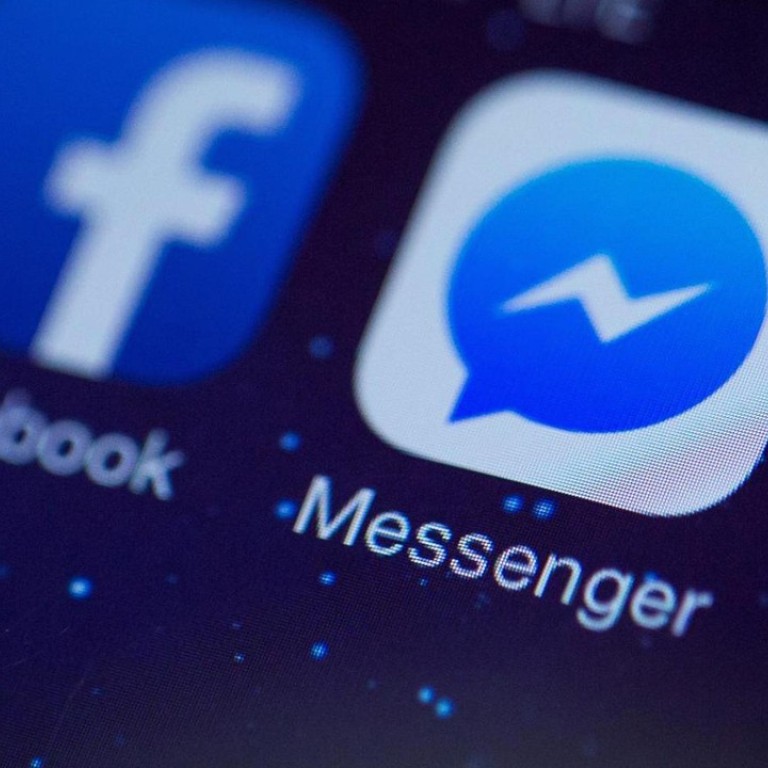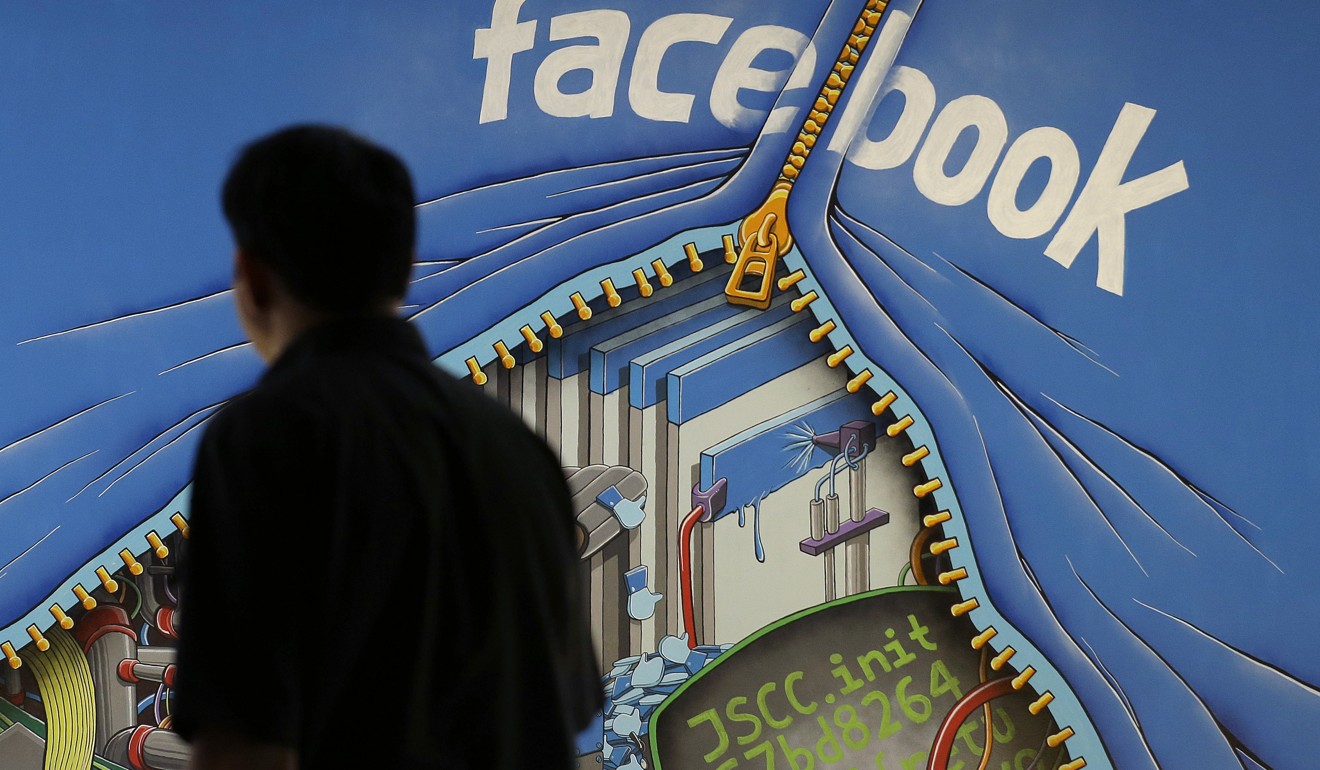
US government trying to force Facebook to help spy on suspects who use Messenger, sources say
Social media giant is refusing to break encryption so investigators can listen in on Messenger conversations of suspected gang members
The US government is trying to force Facebook to break the encryption in its popular Messenger app so law enforcement may listen to a suspect’s voice conversations in a criminal probe, three people briefed on the case said, resurrecting the issue of whether companies can be forced to alter their products to enable surveillance.
The case in a federal court in California is proceeding under seal, so no filings are publicly available, but three people said Facebook is contesting the US Department of Justice’s demand.
The judge in the Messenger case heard arguments on Tuesday on a government motion to hold Facebook in contempt of court for refusing to carry out the surveillance request, according to the sources, who spoke on condition of anonymity.
Facebook and the Department of Justice declined to comment.
The Messenger issue arose in Fresno, California, as part of an investigation of the MS-13 gang, one of the people said.

US President Donald Trump frequently uses the gang, which is active in the US and Central America, as a symbol of lax US immigration policy and a reason to attack so-called sanctuary laws preventing police from detaining people solely to enforce immigration law.
If the government prevails in the Facebook Messenger case, it could make similar arguments to force companies to rewrite other popular encrypted services such as Signal and Facebook’s billion-user WhatsApp, which include voice and text functions, some legal experts said.
Facebook’s Mark Zuckerberg apologises to European lawmakers
Law enforcement agencies forcing technology providers to rewrite software to capture and hand over data that is no longer encrypted would have major implications for the companies which see themselves as defenders of privacy while under pressure from police and lawmakers.
Similar issues came into play during a legal fight in 2016 between the Federal Bureau of Investigation and Apple over access to an iPhone owned by a slain sympathiser of Islamic State in San Bernardino, California, who was responsible for a mass shooting.

Unlike the San Bernardino case, where the FBI wanted to crack one iPhone in its possession, prosecutors want to listen in on voice conversations by a person using Facebook Messenger.
Facebook is arguing in court that Messenger voice calls are encrypted end-to-end, meaning only the two parties have access to the conversation, two of the people briefed on the case said.
How did San Bernardino’s killer couple Syed Farook and Tashfeen Malik become radicalised?
Ordinary Facebook text messages, Gmail, and other services are decrypted by the service providers during transit for targeted advertising or other reasons, making them available for court-ordered interception.
End-to-end encrypted communications go directly from one user to another user without revealing anything to providers.
Facebook says it can only comply with the government’s request if it rewrites the code relied upon by all its users to remove encryption or else hacks the government’s current target, according to the sources.

Legal experts differed about whether the government would probably be able to force Facebook to comply.
Stephen Larson, a former judge and federal prosecutor who represented San Bernardino victims, said the government must meet a high legal standard when trying to obtain phone conversations, including showing there was no other way to obtain the evidence.
Still, the US Constitution allows for reasonable searches, Larson said, and if those standards are met, then companies should not be able to stand in the way.
Facebook paid US$7.3m for Mark Zuckerberg’s security last year in light of ‘specific threats’
A federal appeal court in Washington ruled in 2006 that the law forcing telephone companies to allow police eavesdropping also applies to some large providers of voice over internet protocol, including cable and other broadband carriers servicing homes. VoIP enables voice calls online rather than by traditional circuit transmission.
However, in cases of chat, gaming, or other internet services that are not tightly integrated with existing phone infrastructure, such as Google Hangouts, Signal and Facebook Messenger, federal regulators have not tried to extend the eavesdropping law to cover them, analysts say.

